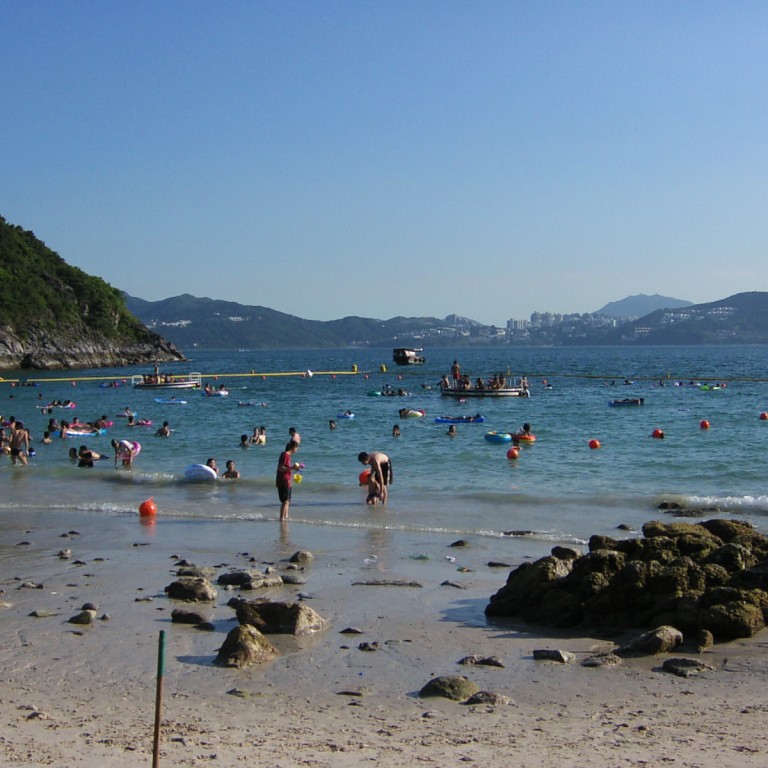
'Dirty' seawater leaves beachgoers worried
It was the perfect afternoon to be out at sea in sunny Sai Kung. But when Ken Ching Sze-ho surfaced after a dive, he sensed something was wrong.
It was the perfect afternoon to be out at sea in sunny Sai Kung. But when Ken Ching Sze-ho surfaced after a dive, he sensed something was wrong.
"I found my lips a bit swollen, with some blood stains," he said.
Then a few of the children in his snorkelling class off Sharp Island began to complain of numbness in their mouths, too.
"Some started to use water to rinse their mouths," he said.
Ching realised their discomfort must have had something to do with the water - which was visibly fouled on the surface.
"That was probably caused by an allergy to too much algae in the sea," he said.
That was two weeks ago, but their experience and Ching's concerns do not seem isolated.
A dermatology specialist from the University of Hong Kong's Li Ka Shing Faculty of Medicine has seen an increase in illnesses among swimmers this summer. "My impression is that more people have sought medical help after swimming at the beaches this year," said Dr Johnny Chan Chun-yin, clinical assistant professor at the medicine department.
"But we are not able to ascertain if this has to do with red tides or people spending more time in the water this year," said Chan, who is based at Queen Mary Hospital in Pok Fu Lam.
The hospital is close to the most popular beaches in Southern District, which were hit by red tides - a bloom of toxic red algae - in late May and early June.
Chan said that even if red tides were not at play, other "polluting impurities" in the seawater might also cause skin problems.
Most of the cases he handled were diagnosed as minor "irritant dermatitis" affecting the face and eyes, he said. Occasionally, the patients' noses or mouths were swollen, but in serious cases, eczema could spread quickly across their bodies.
The professor said the irritant could, in extreme cases, trigger breathing problems in people with asthma.
He advised swimmers to wash themselves thoroughly for at least 10 minutes, preferably with shower gel, then relieve dryness in the skin with lotion to protect against sources of irritants.
Also finding the water quality unpleasant is Ocean Recovery Alliance founder Doug Woodring.
Two weeks ago, he was kayaking out in Deep Water Bay when he encountered a "big slick of sludge". The 1km-long stretch of floating pollutants was close to where Ocean Park drew its water, he said. The next day, another one was spotted at the nearby Royal Hong Kong Yacht Club.
"It seems to be biologically created from the nutrient pollution or sewage in our waters. This is definitely not from China, and it is not from a boat, as it is also growing in … water in the area," he said. "This is a great reason why we need the sewage improvements to be carried out."
